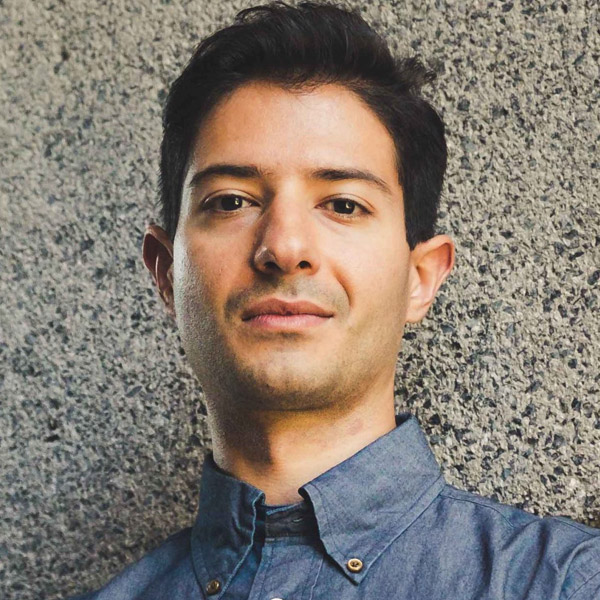
Control Seminar
Algorithmic Foundations of Resilient Collaborative Autonomy: From Non-Convex Optimization to Perception and Control
This event is free and open to the publicAdd to Google Calendar

***Event will take place via Zoom. Zoom link and password will be distributed to the Controls Group e-mail list-serv. To join this list-serv, please send an (empty) email message to [email protected] with the word “subscribe” in the subject line. Zoom information is also available upon request to Katherine Godwin ([email protected]).
ABSTRACT: The mobile robots of the future will autonomously understand their surroundings, navigate, and collaborate. They will be helping us in tasks of exploration, surveillance, and multi-target tracking, by forming teams, agreeing on navigation plans, and perceiving the world autonomously, using their control and perception capabilities. But this future is threatened by attacks and failures that can disable the robots’ control and perception capabilities, or even deceive them. These threats can lie outside the reach of cybersecurity, and of estimation and control against malicious data. Instead, algorithms at the intersection of perception, planning, and non-convex optimization are needed. In this talk, I will present two such algorithms.
First, I will discuss the first algorithms for robust and adaptive combinatorial optimization against any number of (possibly temporary) robot removals. The algorithms can robustify the teams’ plans online, against dynamic robot removals. I will demonstrate this in sensor scheduling, persistent surveillance, and multi-target tracking simulator experiments. Second, I will present algorithms that robustify perception against deceptive failures (outliers). The algorithms achieve extreme outlier-robustness, even when the expected (inlier) noise is largely unknown. I will illustrate this in scenarios of simultaneous localization and mapping (SLAM), object recognition, and 3D reconstruction. I will conclude with my vision for a resilient collaborative autonomy, arguing for convergence between cyber capabilities for a distributed artificial intelligence, driven by learning, and physical capabilities of morphable robots.
Relevant publications:
- https://arxiv.org/pdf/1909.11783.pdf (IEEE TAC, 2021)
- https://arxiv.org/pdf/2103.02733.pdf (IEEE TRO, cond. acc., 2021)
- https://arxiv.org/pdf/2007.15109.pdf (IEEE TRO, cond. acc., 2021)
- https://arxiv.org/pdf/1909.08605.pdf (IEEE R-AL/ICRA, 2020)
BIO: Vasileios Tzoumas received his Ph.D. in Electrical and Systems Engineering at the University of Pennsylvania (2018). He holds a Master of Arts in Statistics from the Wharton School of Business (2016); a Master of Science in Electrical Engineering from the University of Pennsylvania (2016); and a diploma in Electrical and Computer Engineering from the National Technical University of Athens (2012). He is an Assistant Professor in the Department of Aerospace Engineering, University of Michigan, Ann Arbor. Previously, he was a research scientist and a post-doc at the Massachusetts Institute of Technology (MIT), Department of Aeronautics and Astronautics, and Laboratory for Information and Decision Systems (LIDS). Vasileios works on control, learning, and perception, as well as combinatorial and distributed optimization, with applications to robotics, cyber-physical systems, and self-reconfigurable systems. He aims for trustworthy collaborative autonomy. Vasileios is a recipient of the Best Paper Award in Robot Vision at the 2020 IEEE International Conference on Robotics and Automation (ICRA), and was a Best Student Paper Award finalist at the 2017 IEEE Conference on Decision and Control (CDC).
 MENU
MENU 
